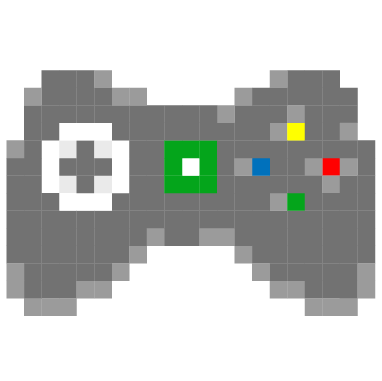The Study of Games is Multi-Disciplinary
H istorically, studies in Games research have taken place in disciplinary isolation without the benefit of multiple perspectives. For something as pervasive as digital games, which by-and-by have come to affect our daily lives, an interdisciplinary outlook is crucial. The IMMERSe network grew out of a need for multi-disciplinary studies in Games research, to explore the player's experience in detail and assess its impacts, both positive and problematic.
As a research syndicate, IMMERSe spans a variety of fields and disciplines, the most relevant of which are game studies, English language and literature, human-computer interaction, interaction design, simulation studies, narrative studies, technology studies, communication and digital media studies, and areas of psychology and anthropology. The IMMERSe network brings together the varying research practices and perspectives of these disciplines to explore the player's experience of games. As is the case with any topic of study, each discipline approaches the study of a game through different critical frameworks and investigative lenses. Likewise, each discipline trains its students and researchers to notice, analyze, value, and measure different constructs in a game.
Social Sciences

Humanities

Science

Health Studies

Engineering/Comp Sci

Perhaps what sets the IMMERSe network apart most of all is this regard for all forms of research. In an academic environment that is commonly silo’d, IMMERSe chooses not to discriminate based on discipline, method of research, model of research, or publication principle. It was unique in the way it allowed for students and faculty of all different disciplines to contribute to its body of research. This unprejudiced approach no doubt contributed to a much broader understanding of what constitutes academic research, one that pervaded the institutes and networks within which IMMERSe contributors were a part.
The IMMERSe network was also open to research that pushed boundaries, including research that was cross-disciplinary or that did not abide the contemporary publishing principles of a discipline. Integrating the approaches of numerous disciplines allowed for a more nuanced and un-biased outlook on game studies, one that IMMERSe, and indeed games studies in general, should utilize each time a game is studied or assembled. For these reasons, a large-scale collaborative partnership that could study these parameters and integrate them collectively was ideally situated.



